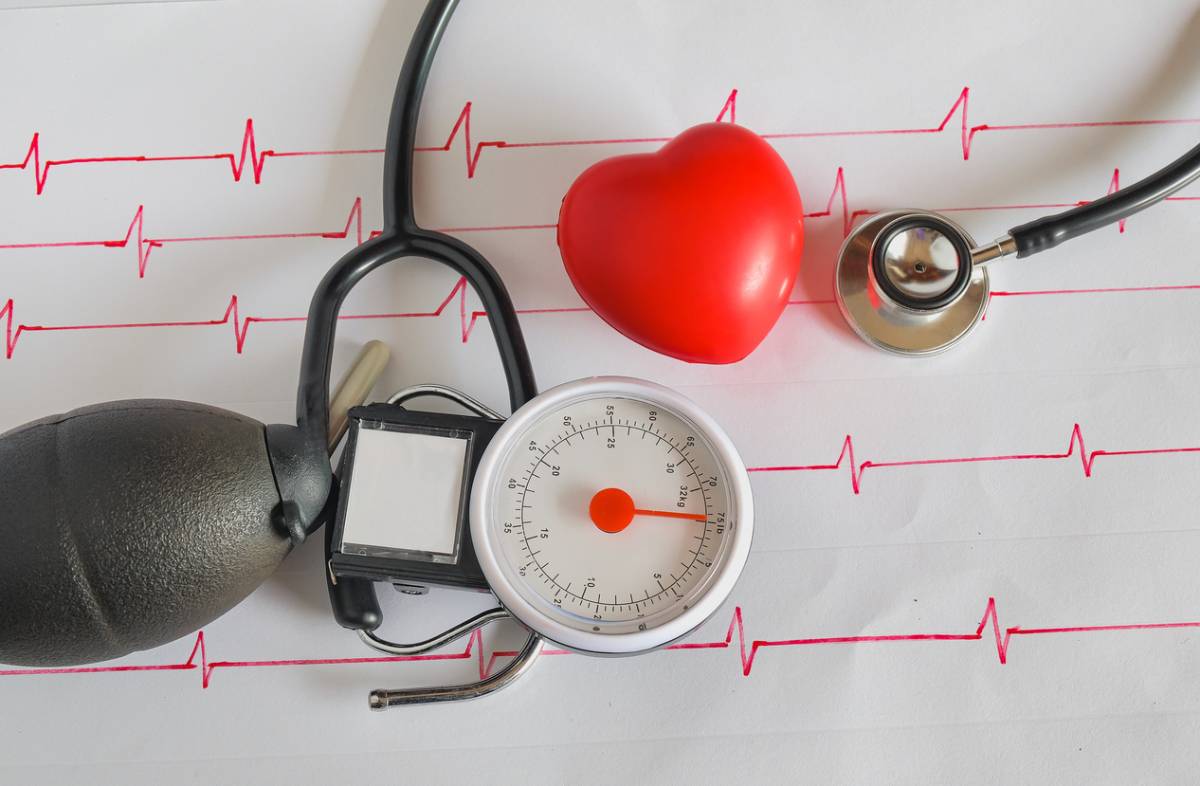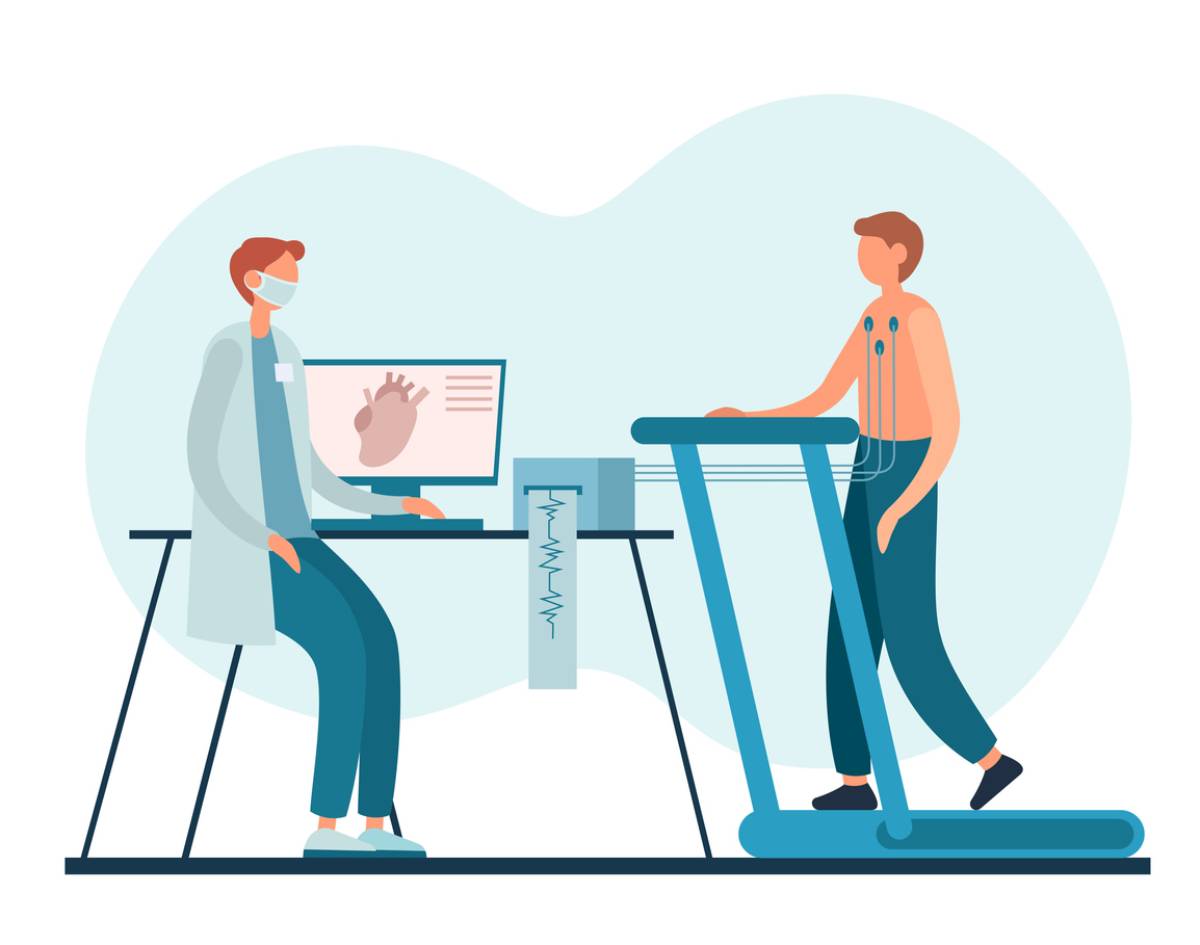What Does a Doppler Heart Test Feel Like?
A Doppler heart test is a non-invasive medical test that creates images of your heart. The test is performed using a handheld device that transmits sound waves throughout your chest. This creates images of your heart that provide valuable information to your doctor. This includes your heart’s function, structure, and blood flow. The test is commonly used to monitor and diagnose heart-related conditions. If your doctor recommends the test, you may wonder, what does a Doppler heart test feel like? Below you will find more information about the test and what to expect.
What Does a Doppler Heart Test Feel Like?
A Doppler heart test is non-invasive and fast. You may wonder what to expect if your doctor recommends a Doppler heart test. In many cases the preparation is minimal. Your cardiology doctors will provide you with instructions on how to prepare. Most often, you will just need to avoid drinking or eating a few hours before the test. Once you are at the office, you will lie on a table so the sonographer can perform the test. The test involves you lying down on a table. The gel is applied to your chest as the transducer is used to create the images of your heart. In some cases, you may need to change positions or hold your breath. This ensures optimal image quality. Once the test is over you can resume your normal activities.
Why Do I Need A Doppler Heart Test?
A Doppler heart test is an effective tool that your medical provider may recommend for a variety of reasons. Most of these reasons are either to diagnose or monitor a heart-related issue. Below are some of the common reasons why you may need a Doppler heart test.
Congenital Heart Disease:
A Doppler heart test can evaluate congenital heart disease. This condition involves a defect in one or more of the heart structures during the formation of the fetus.
Heart Failure:
Heart failure is a condition where the heart muscle becomes weak or stiff during heart relaxation. This results in inefficient blood plumping that can cause serious issues. This includes fluid buildup in the blood vessels and lungs, in addition to swelling in the feet, ankles, and other parts of the body.
Cardiomyopathy:
A Doppler heart test is an effective tool to evaluate cardiomyopathy. This is a condition characterized by an enlargement of the heart due to thick or weak heart muscles.
Heart valve disease involves a malfunction in one or more of the heart valves. This can cause abnormalities in blood flow in your heart. A Doppler heart test can examine if heart valve disease has impacted your valves. This is common among those who have the condition, as the valves can narrow and restrict blood flow. The condition can also cause leaks, with blood flow moving backward.
Cardiac Tumor:
A cardiac tumor can occur in any one of the chambers of your heart. It can also be present on the outside surface of your heart or within the muscles. If your medical provider thinks you may have a cardiac tumor, a Doppler heart test can be used to diagnose and monitor the issue.
Cardiology Specialists
Your heart health is critical to your overall health. Because of this, issues with your heart health need to be treated promptly and with care. Apex Cardiology has the top cardiologists who have the necessary skills and experience to address your heart-related issues. They understand how stressful heart health issues can be and are committed to ensuring your comfort and care. Contact their team today if you need care related to your heart health!

